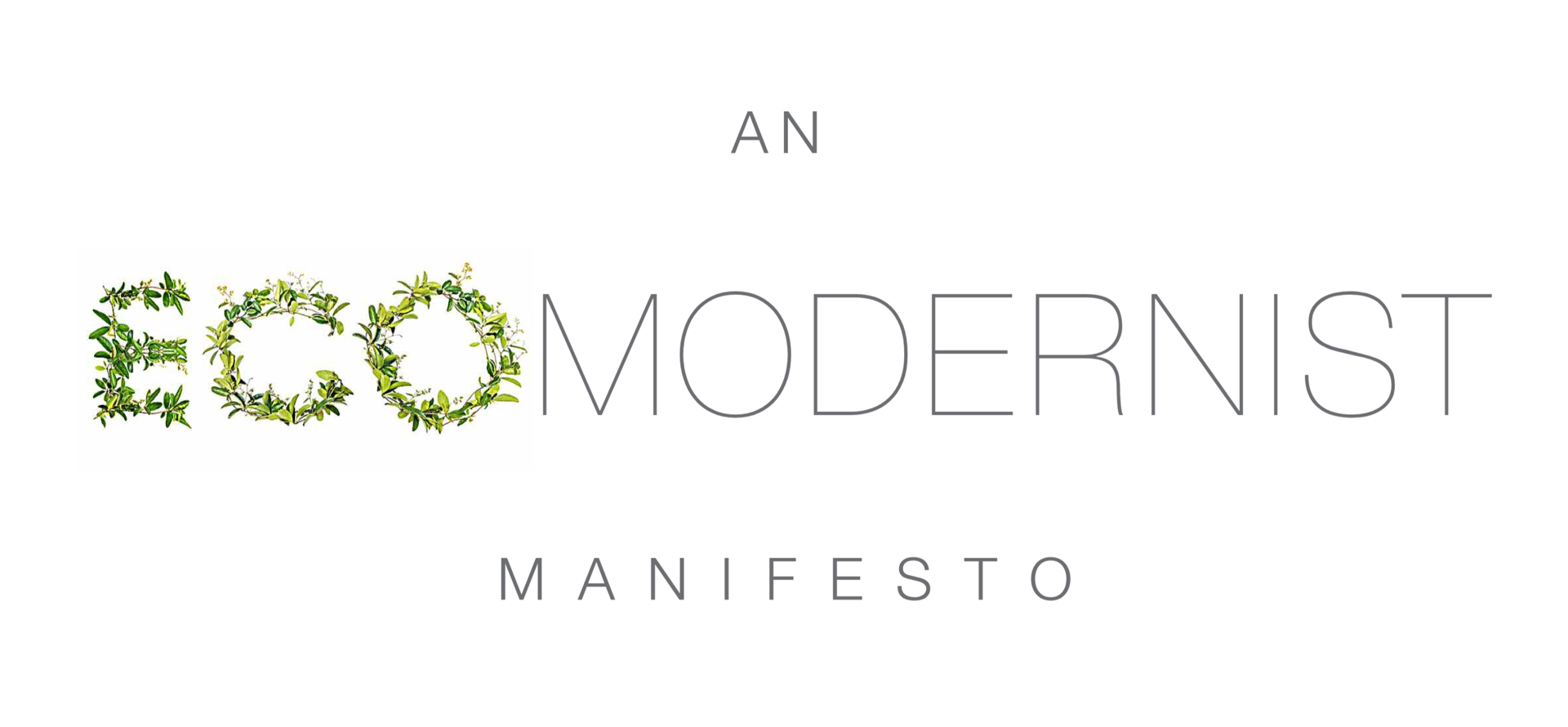About Us
The Breakthrough Institute is a global research center that identifies and promotes technological solutions to environmental and human development challenges.
Who We Are
Breakthrough Institute is an "organization that advocates putting progressive values to work to solve problems."
— New York Times
Our Mission
Breakthrough’s vision is of a world that is good for both people and nature.
We believe that human prosperity and an ecologically vibrant planet are possible at the same time. Societies are already experiencing peak use of many natural resources; some previously destroyed forests are returning as we use less land to farm more food; our energy sources are becoming denser and cleaner; and pollution — including carbon emissions — is falling in most post-industrial nations.
We believe that ecological vibrancy results from human prosperity, not the other way around. Meeting people’s material needs is both an ethical imperative and a pre-condition for societal concern about nature. Technological innovation, particularly in energy and agriculture, can enable us to both meet human needs and reduce our reliance on natural resources. And clean energy technologies are key to creating energy abundance without overheating the planet.
Humanity has made extraordinary progress over the past several centuries. While modernization has had both positive and negative impacts, and the benefits of development have not been equally distributed nor enjoyed by everyone, on the whole human beings live longer, freer, healthier, more prosperous, and more secure lives than our ancestors did.
There is no guarantee that these trends will continue. But by embracing technology and accelerating modernization for all people, we believe humanity and nature can both thrive for centuries to come.
Fellowships
Cutting-edge policy research at one of the country's most intellectually challenging think tanks. Fellowship and friendships that last a lifetime.
learn moreJobs
The Breakthrough Institute is an environmental research center based in Oakland, California. Our research focuses on identifying and promoting technological solutions to environmental and human development challenges in three areas: energy, conservation, and food and farming.
learn moreBrief History of Breakthrough
The Breakthrough Institute was founded in 2007 by Ted Nordhaus and Michael Shellenberger. Breakthrough's early work built on Nordhaus and Shellenberger's argument, first articulated in their 2004 essay "The Death of Environmentalism," that 20th-century environmentalism cannot address complex, global, 21st-century environmental challenges.
Since the 2011 Tōhoku earthquake and Fukushima nuclear accident, Breakthrough's energy work has focused heavily on the future of nuclear energy. Along with a growing cohort of scientists, journalists, philanthropists, and other observers, we have made the case that energy abundance will require cheap, safe, and reliable nuclear energy. Toward that end, Breakthrough has been a leading advocate for innovation in advanced nuclear designs and business models.
In 2015, we published "Nature Unbound," Breakthrough's comprehensive framework for decoupling human well-being from natural resource use. As global population grows from 7 billion today to 10 or 11 billion by the end of the century, decoupling, we argue, is the precondition for successful global conservation.
Because of the outsized impact that global food systems have on both conservation and climate challenges, in 2016 Breakthrough launched a food and farming program to offer new ways of thinking about agricultural innovation and policy. In particular, we have made the case for industrial food systems. Large-scale industrial food systems are more land-, water-, and GHG-efficient than small scale low-intensity farming, and are better able to harness technology to increase land productivity.
Breakthrough remains a work in progress. We continue to engage friends, partner organizations, critics, and supporters to help us better understand and articulate a new environmentalism for the 21st century. We've defined this new school of thought as ecomodernism, a movement built on decoupling environmental impact from human well being. In 2015, 19 coauthors, including several Breakthrough representatives, published An Ecomodernist Manifesto, which laid out this new environmental vision and sparked a debate about the future of environmentalism that continues today.
For over a decade, we hosted the annual Breakthrough Dialogue in Sausalito, California. Since 2024, we organize and co-host the annual Abundance Conference in Washington, D.C.
